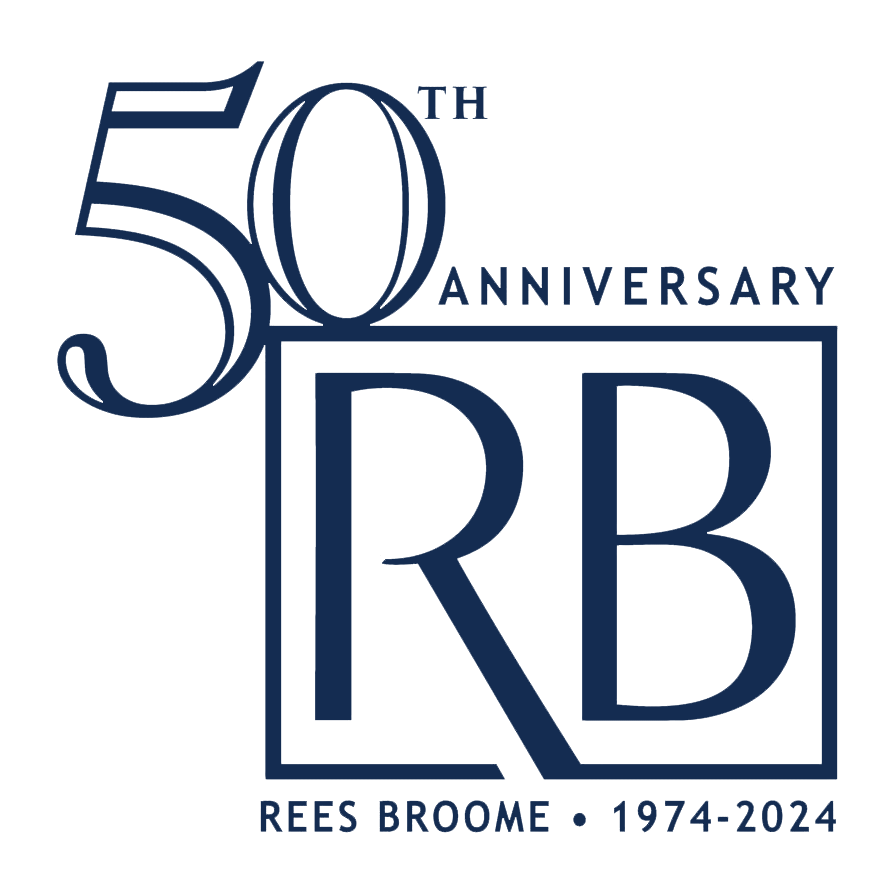By: Kristin L. Buck, Esq. and Kyle J. Koppenhaver, Esq.
Community associations are facing increased costs for complying with the cleaning and social distancing protocols required to reopen offices, common areas, and amenities. These increases get passed on to Owners who may also be facing reduced income. While assessments remain vital to associations, boards are faced with deciding how to best collect assessments during this unprecedented time.
Thus far, there has not been a huge increase in delinquencies. However, Board members and managers should keep an eye out for such an increase, as collections strategies may need to adapt.
When an owner becomes delinquent, a payment plan can be a successful tool and easy to implement. Preferably, payment plans should be in writing, include repayment of the past due balance over a reasonable period of time, and require the owner to make their current assessment payments.
In Virginia payment plans can be in the form of confessed judgment promissory notes – notes that, upon a default of a plan payment, let the Association take a judgment on the note without a formal court hearing. In DC, such notes can only be used when settling pending litigation. Maryland, while permitting promissory notes, does not permit a judgment to be taken on the note without a formal hearing.
Liens are another tool to secure unpaid assessments. Virginia, D.C., and Maryland all provide authority for associations to record liens against the title of the property to secure unpaid assessments. Liens are recorded in the applicable jurisdiction’s land records and therefore provide notice to potential purchasers and lenders that a balance is owed. Additionally, in Virginia, D.C., and Maryland, the lien for unpaid assessments may be used to initiate a foreclosure action.
Associations can also file lawsuits for past due assessments and obtain money judgments. Once a money judgment is obtained, the association may exercise post-judgment remedies such as a garnishments or levies of personal property. However, court operations have been impacted by the pandemic so obtaining a court date may be challenging. Furthermore, some jurisdictions have implemented collection moratoriums that have impacted the ability to obtain a judgment and exercise post-judgment remedies. Because of these potential delays, a board may wish to shift temporary collection efforts towards payment plans and liens.
Lastly, an association can initiate a foreclosure to affect a change in ownership. While the foreclosure moratorium on federally guaranteed mortgages extends through June 30, 2021, the moratorium does not apply to associations’ foreclosure actions. However, an association’s foreclosure proceeding is not without challenge. If the property is occupied, foreclosing during a pandemic can carry emotional considerations. Additionally, Virginia, D.C., and Maryland’s restrictions on gatherings and any applicable eviction moratorium may deter multiple buyers and result in an unsuccessful sale.
Currently, DC is under a foreclosure moratorium, which has limited exceptions.
The laws and restrictions implemented during this pandemic continuously and frequently change and can vary depending on the jurisdiction. If you have concerns about delinquent accounts, you are encouraged to speak with their legal counsel regarding the best collection process and procedures for your community.
